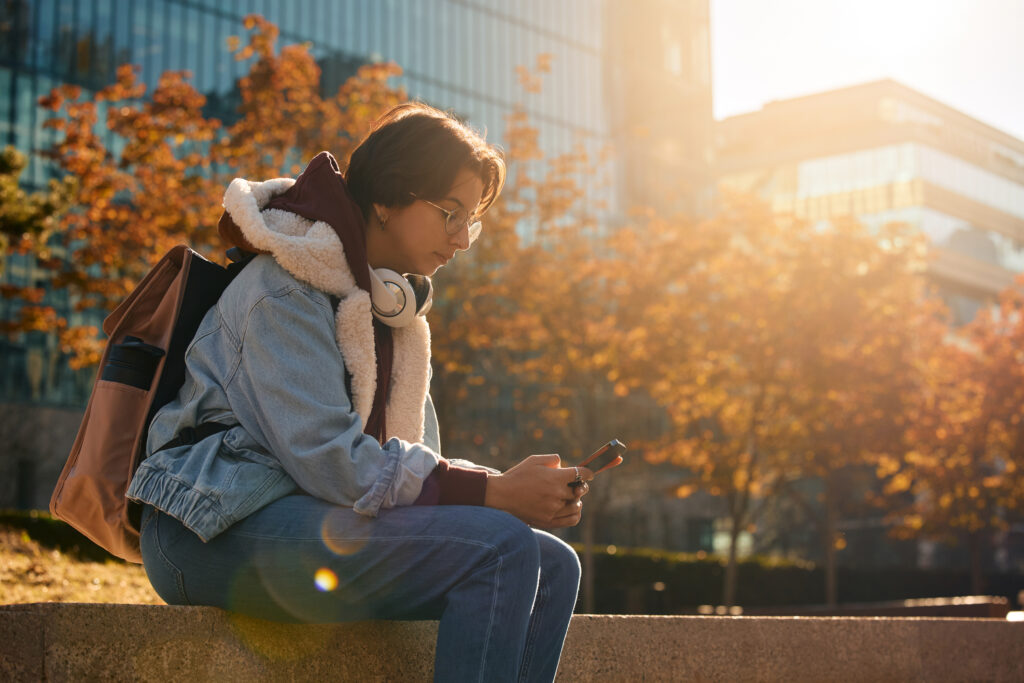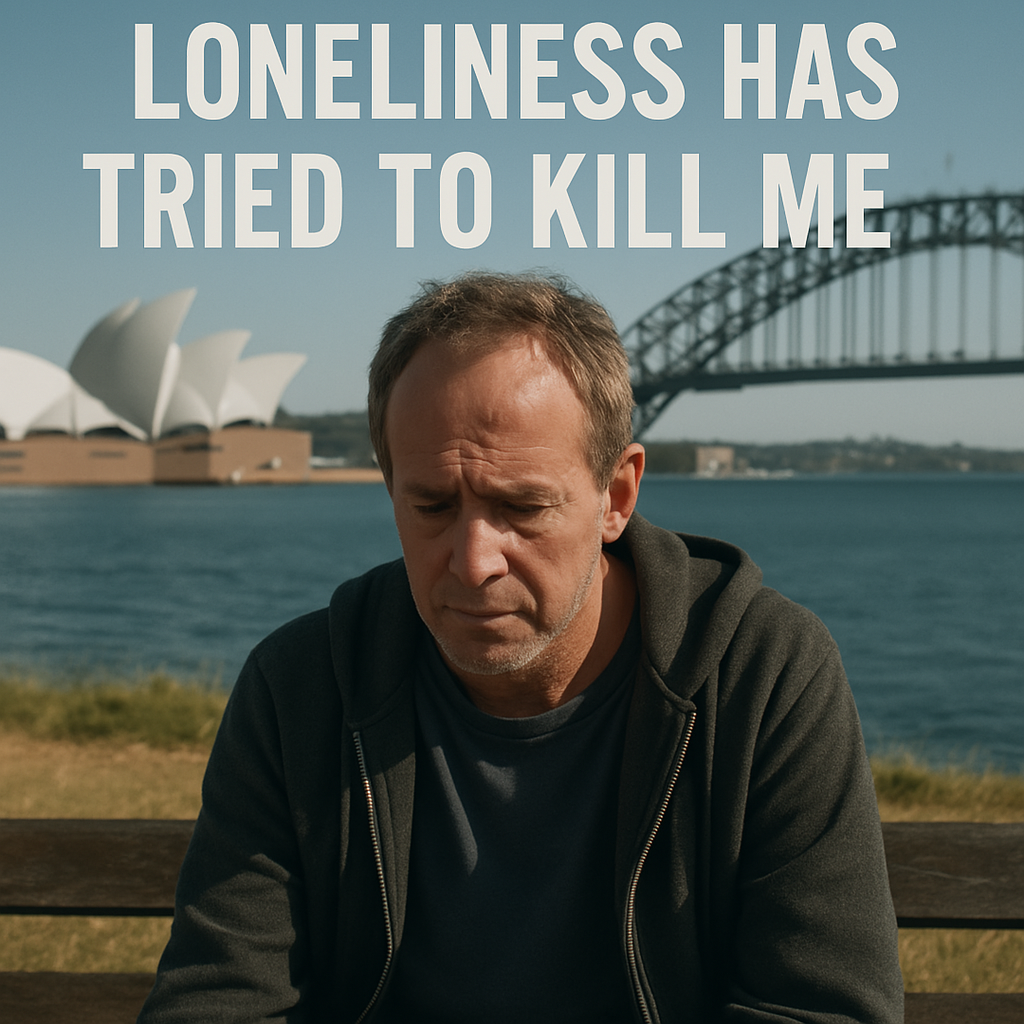The how, why and where of student loneliness

Professor Richard Phillips reflects on research co-produced with undergraduate and postgraduate students which explores the how, why and where of student loneliness. Student researchers investigated loneliness as a function of relationships and interactions through self-interviews and peer interviews and through objects, chosen by participants to represent their experiences of lockdown.

Student loneliness through the pandemic
Café Revolution, the Student Union coffee shop, is buzzing with life. I’m taking a break after teaching a large class of second years. They’re a good group, happy to listen but always ready to participate. I love to hear their voices and channel the energy they bring to the room. If I ever took this for granted, I don’t any more, not after two years of a pandemic in which teaching was online and student life was largely on hold.
The pandemic is quickly receding into the past as we’ve tried to move on, and tried to forget. Good riddance, for the most part. But, whether or not we think and talk about it, the pandemic has changed some things forever. One thing that changed – and for the better, I think – is how students see and talk about their lives. When they were locked down and kept apart, many were prepared to admit something they’d previously hidden: university life is not always fabulous, and student life can be lonely. A first year Business Studies student called Ian (not his real name), interviewed as part of a project I led in 2020, observed that ‘there is no point being embarrassed’ about feeling lonely and having no social life because ‘everyone is in the same situation’. With everyone in the same boat, and someone else to blame, loneliness had lost its stigma.
Students who started in 2020 had hoped for the usual things: parties to go to, clubs and societies, busy pubs and lecture theatres, friends and perhaps a little romance, failing that a little sex. Instead, what they got was fractured and often fractious, a stop-start year when classmates were mostly just names on a screen.
Towards the end of that year, I invited students in my department to participate in a project, exploring life – including relationships and loneliness – at that strange time. Eleven got involved and stayed the course. Together the group – from first years to postgraduates – devised methods and carried out a piece of research. The students interviewed each other and they tried self-interviews too. One introduced a contact at the Science Museum who suggested we collect objects, beginning with the notebooks that students used to record their interview findings. These are now part of the national Covid collection.
In these strange times, the young people who participated in this project opened a window on something that is usually kept under wraps: the loneliness many students feel when they know they should be having the time of their lives. Some of the stories they shared were heart breaking. Lauren spent much of her first year at university ‘confined to [her] room’, eating most of her meals there. She ‘hated going into the kitchen’ and often ‘felt lonely’.
Working with students to understand and address their feelings of loneliness
This isn’t to say that student life is miserable or the much-marketed ‘student experience’ is a sham; it’s just that loneliness can be part of university life and that talking about this can be helpful and healthy.
Here are some of the things I learned from working with the students:
- Students are rarely isolated – as they were during the pandemic – but they are often lonely.
- There’s a gulf between how students seem to others and how they are feeling on the inside. Some of those who seem – and work hard at seeming – outgoing and socially successful are often feeling the most alone and lonely.
- Students experience different forms and levels of loneliness, some of which are part of life and characteristic of student transitions, while others are harmful and concerning.
- Students are less likely to feel lonely when they feel they belong – in an institution, a neighbourhood, a town or city – so it is important to invest in these intangibles.
- Students, like other groups, are most prone to loneliness if they are also experiencing some other form of discrimination and disadvantage such as racism, homophobia or transphobia. This means that one way of reducing loneliness is by combatting other forms of disadvantage – something universities should be trying to do anyway.
- If you want to know how students are feeling, it is a good idea to ask them; a better idea is for students to ask each other, to do this research themselves.
These are just some of the things I learned from students. You can also read our findings in full.
I’d like to add one final observation, which resonates with the lecture I’ve just given, where I felt students were the ones who really made things happen in the classroom, not me. This observation links research – of which more is needed – with what we might start to do about student loneliness.
Our research showed that while it can be helpful for student service providers and wellbeing teams to reach out to and support lonely students, it is also important to recognise what students are already doing to support themselves and each other. They are the experts – resourceful and resilient – so perhaps the best way of helping them is simply to support what they are already doing.





Responses